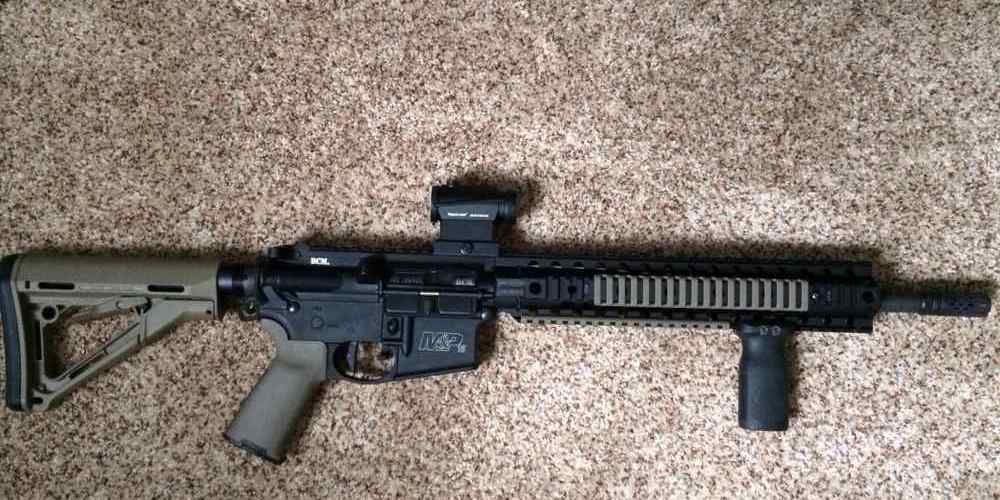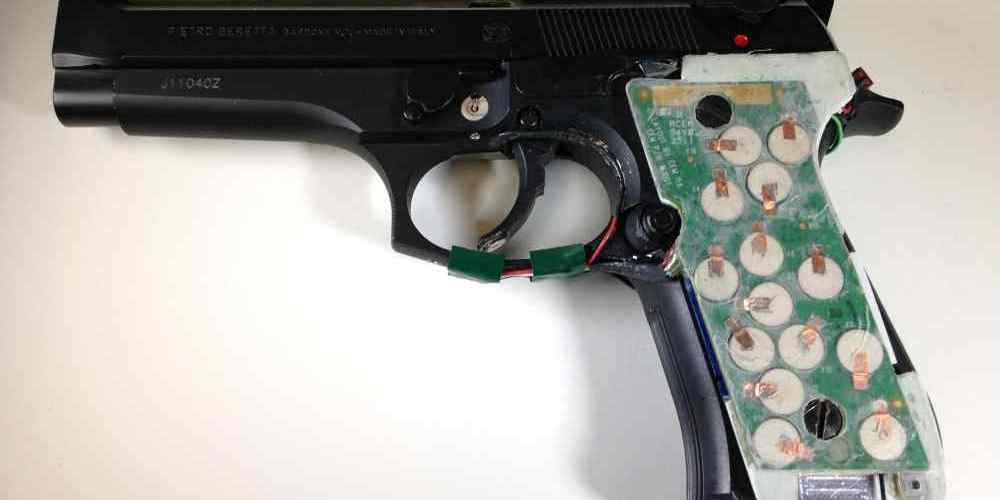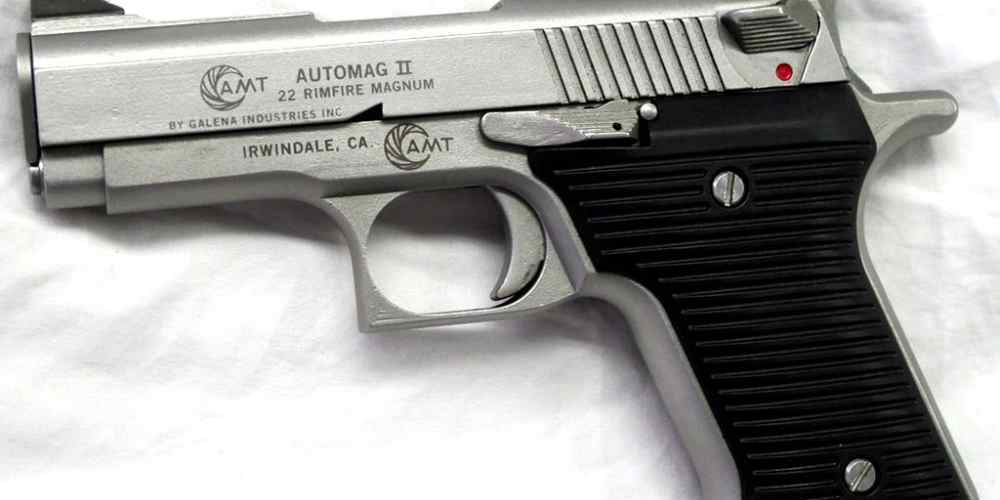“Defending freedom, honoring service.”
The History of the Second Amendment and Its Impact on Veterans
The Second Amendment of the United States Constitution has been a topic of much debate and controversy over the years. It states, “A well regulated Militia, being necessary to the security of a free State, the right of the people to keep and bear Arms, shall not be infringed.” This amendment has been interpreted in various ways, with some arguing that it guarantees an individual’s right to own firearms, while others believe it only pertains to the right to bear arms in the context of a well-regulated militia.
Regardless of one’s interpretation of the Second Amendment, it is clear that the right to bear arms is a fundamental aspect of American culture. For many veterans, this right holds a special significance. Veterans have served their country and risked their lives to protect the freedoms that Americans hold dear, including the right to bear arms. As such, it is important to honor and respect their right to own firearms.
Many veterans have a deep appreciation for firearms and marksmanship, which often stems from their military training. The skills they acquired during their service have instilled in them a sense of responsibility and respect for firearms. For many veterans, owning a firearm is not just a right, but a way to stay connected to their military experience and to protect themselves and their loved ones.
In addition to the personal significance of owning firearms, many veterans also believe that the Second Amendment plays a crucial role in preserving freedom and democracy. They see the right to bear arms as a safeguard against tyranny and as a means to protect themselves and their communities in times of crisis. For many veterans, the Second Amendment is not just a legal right, but a moral imperative.
Despite the importance of the Second Amendment to veterans, there are challenges that they may face when it comes to owning firearms. For example, veterans who have been diagnosed with certain mental health conditions may be prohibited from owning firearms under federal law. This can be a source of frustration for many veterans, who feel that their rights are being unfairly restricted.
Furthermore, some veterans may struggle with the transition back to civilian life after their military service, which can make it difficult for them to navigate the complex laws and regulations surrounding firearms ownership. It is important for veterans to seek out resources and support to help them understand their rights and responsibilities when it comes to owning firearms.
In conclusion, the Second Amendment and its impact on veterans is a complex and multifaceted issue. For many veterans, the right to bear arms is a deeply held belief that is rooted in their military service and their commitment to defending freedom and democracy. It is important to honor and respect their right to own firearms, while also ensuring that they have the support and resources they need to do so responsibly. By recognizing the unique perspective of veterans on the Second Amendment, we can work towards a more inclusive and understanding society that values and protects the rights of all Americans.
The Role of Veterans in Defending and Upholding the Second Amendment
The Second Amendment of the United States Constitution guarantees the right of the people to keep and bear arms. This fundamental right has been a topic of debate and controversy for many years, with arguments on both sides of the issue. One group that is often at the center of this debate is veterans.

Veterans have a unique perspective on the Second Amendment, as many of them have served in the military and have firsthand experience with firearms. For many veterans, the right to bear arms is not just a constitutional right, but a deeply held belief that is tied to their service and sacrifice for their country.
One of the main arguments in favor of veterans’ right to bear arms is that they have been trained in the use of firearms and have demonstrated their ability to handle them safely and responsibly. Many veterans have received extensive training in firearms during their time in the military, and are well-versed in gun safety and marksmanship.
In addition, veterans have a deep respect for the Second Amendment and the freedoms that it represents. Many veterans have fought and risked their lives to defend the rights and liberties of their fellow Americans, and see the right to bear arms as a crucial part of those freedoms.
Furthermore, veterans often feel a sense of duty to protect and defend their families and communities, and see owning a firearm as a way to fulfill that duty. Many veterans believe that having a firearm in the home can provide an added layer of security and protection for themselves and their loved ones.
However, there are also those who argue that veterans should not have special privileges when it comes to the Second Amendment. They believe that all citizens should be subject to the same laws and regulations when it comes to gun ownership, regardless of their military service.
While this is a valid point, it is important to recognize the unique perspective that veterans bring to the issue of gun rights. Veterans have made sacrifices and served their country in ways that most civilians have not, and their experiences and training with firearms should be taken into account when considering their right to bear arms.
In conclusion, veterans play a crucial role in defending and upholding the Second Amendment. Their training, experience, and sense of duty make them valuable advocates for gun rights, and their perspective should be considered in any debate on the issue. Veterans have earned the right to bear arms through their service and sacrifice, and it is important to honor and respect that right.
Challenges Faced by Veterans in Exercising Their Right to Bear Arms
The Second Amendment of the United States Constitution guarantees the right of citizens to bear arms. This right is especially important for veterans who have served their country and defended its freedoms. However, veterans often face unique challenges when it comes to exercising their Second Amendment rights.
One of the main challenges faced by veterans in exercising their right to bear arms is navigating the complex web of federal and state gun laws. Each state has its own set of regulations regarding gun ownership, and veterans may find it difficult to understand and comply with these laws. Additionally, veterans who have been diagnosed with post-traumatic stress disorder (PTSD) or other mental health issues may face additional restrictions on their ability to own firearms.
Another challenge for veterans is the stigma surrounding mental health issues and gun ownership. Many veterans are hesitant to seek help for mental health issues out of fear that it will impact their ability to own firearms. This fear can prevent veterans from getting the help they need and can ultimately put their own safety at risk.
Additionally, veterans who have been injured in combat may face physical limitations that make it difficult for them to handle firearms safely. These veterans may require specialized training and equipment in order to exercise their Second Amendment rights in a safe and responsible manner.
Despite these challenges, it is important to remember that veterans have earned the right to bear arms through their service and sacrifice. It is crucial that we honor and respect their Second Amendment rights while also ensuring that they have the support and resources they need to exercise those rights safely.
One way to support veterans in exercising their Second Amendment rights is to provide them with access to mental health services and support. By addressing mental health issues and providing veterans with the help they need, we can help ensure that they are able to own firearms responsibly.
Another way to support veterans is to provide them with specialized training and resources for handling firearms. This can help veterans overcome physical limitations and ensure that they are able to handle firearms safely and effectively.
In conclusion, veterans face unique challenges when it comes to exercising their Second Amendment rights. However, it is important that we honor and respect their right to bear arms while also providing them with the support and resources they need to do so safely. By addressing mental health issues, providing specialized training, and offering support, we can help veterans exercise their Second Amendment rights in a responsible and meaningful way.
The Connection Between Veterans’ Mental Health and Gun Ownership
The Second Amendment of the United States Constitution guarantees the right of citizens to bear arms. This right is deeply ingrained in American culture and has been a topic of much debate and controversy over the years. For veterans, the right to bear arms holds a special significance. Many veterans have served their country and defended the freedoms that are enshrined in the Constitution, including the right to own firearms.
However, there is a growing concern about the connection between veterans’ mental health and gun ownership. Studies have shown that veterans are at a higher risk of experiencing mental health issues such as post-traumatic stress disorder (PTSD), depression, and anxiety. These mental health conditions can have a significant impact on a veteran’s ability to safely own and use firearms.
It is important to recognize that not all veterans who own guns will experience mental health issues. Many veterans are responsible gun owners who use their firearms for hunting, sport shooting, or self-defense. However, it is crucial to address the potential risks associated with gun ownership for veterans who may be struggling with mental health issues.
One of the main concerns is the increased risk of suicide among veterans who own firearms. Studies have shown that veterans are more likely to die by suicide than the general population, and access to firearms can significantly increase the risk of a successful suicide attempt. This is a sobering statistic that highlights the need for greater awareness and support for veterans who may be struggling with mental health issues.
Another concern is the potential for veterans with PTSD to experience flashbacks or other symptoms that could lead to a dangerous situation with firearms. PTSD is a complex and debilitating condition that can cause a veteran to feel on edge, hyper-vigilant, and easily triggered by certain stimuli. In a moment of distress, a veteran with PTSD may not be in the right state of mind to safely handle a firearm.
It is important for veterans to have access to mental health resources and support services that can help them manage their mental health and reduce the risk of harm to themselves or others. This includes counseling, therapy, medication, and other interventions that can help veterans cope with the challenges of PTSD and other mental health conditions.
In addition, it is crucial for veterans to have open and honest conversations with their healthcare providers about their gun ownership and any concerns they may have about their mental health. Healthcare providers can work with veterans to develop safety plans and strategies for managing their mental health while also respecting their right to own firearms.
Ultimately, the connection between veterans’ mental health and gun ownership is a complex issue that requires careful consideration and support from all stakeholders. By recognizing the unique challenges that veterans face and providing them with the resources they need to stay safe and healthy, we can honor their service and uphold their right to bear arms in a responsible and respectful manner.
Debates and Controversies Surrounding Veterans’ Second Amendment Rights
The Second Amendment of the United States Constitution guarantees the right of the people to keep and bear arms. This right has been a topic of much debate and controversy, especially when it comes to veterans. As individuals who have served their country and defended its freedoms, many argue that veterans should have the right to bear arms without any restrictions. However, others believe that veterans, due to their experiences in combat, may be more prone to violence and should be subject to stricter gun control measures.
One of the main arguments in favor of veterans’ Second Amendment rights is that they have already proven their ability to handle firearms responsibly. Through their training and experience in the military, veterans have demonstrated their proficiency in using firearms safely and effectively. This argument suggests that veterans should be trusted to continue exercising their right to bear arms once they return to civilian life.
On the other hand, some believe that veterans may be more susceptible to mental health issues, such as post-traumatic stress disorder (PTSD), which could potentially make them a danger to themselves or others if they have access to firearms. This concern has led to calls for stricter background checks and mental health evaluations for veterans who wish to purchase firearms. While these measures are intended to prevent tragedies, such as mass shootings or suicides, they have also been criticized for infringing on veterans’ Second Amendment rights.
Despite the differing opinions on this issue, it is important to recognize and honor the sacrifices that veterans have made for their country. Many veterans have risked their lives to protect the freedoms that Americans hold dear, including the right to bear arms. As such, it is crucial to find a balance between ensuring public safety and respecting veterans’ constitutional rights.
One possible solution to this dilemma is to provide veterans with access to mental health resources and support services. By addressing the underlying issues that may contribute to gun violence, such as PTSD and other mental health conditions, veterans can receive the help they need to safely exercise their Second Amendment rights. Additionally, providing veterans with training on responsible gun ownership and storage can help prevent accidents and misuse of firearms.
Another approach is to establish a system of checks and balances that allows veterans to retain their Second Amendment rights while also ensuring public safety. This could involve implementing stricter background checks and monitoring for veterans who have been identified as high-risk individuals. By taking a proactive approach to addressing potential risks, we can protect both veterans and the general public from harm.
In conclusion, the debate over veterans’ Second Amendment rights is a complex and contentious issue that requires careful consideration and thoughtful dialogue. While it is important to prioritize public safety, we must also recognize and respect the sacrifices that veterans have made for their country. By finding a balance between these competing interests, we can honor veterans’ right to bear arms while also safeguarding our communities.





